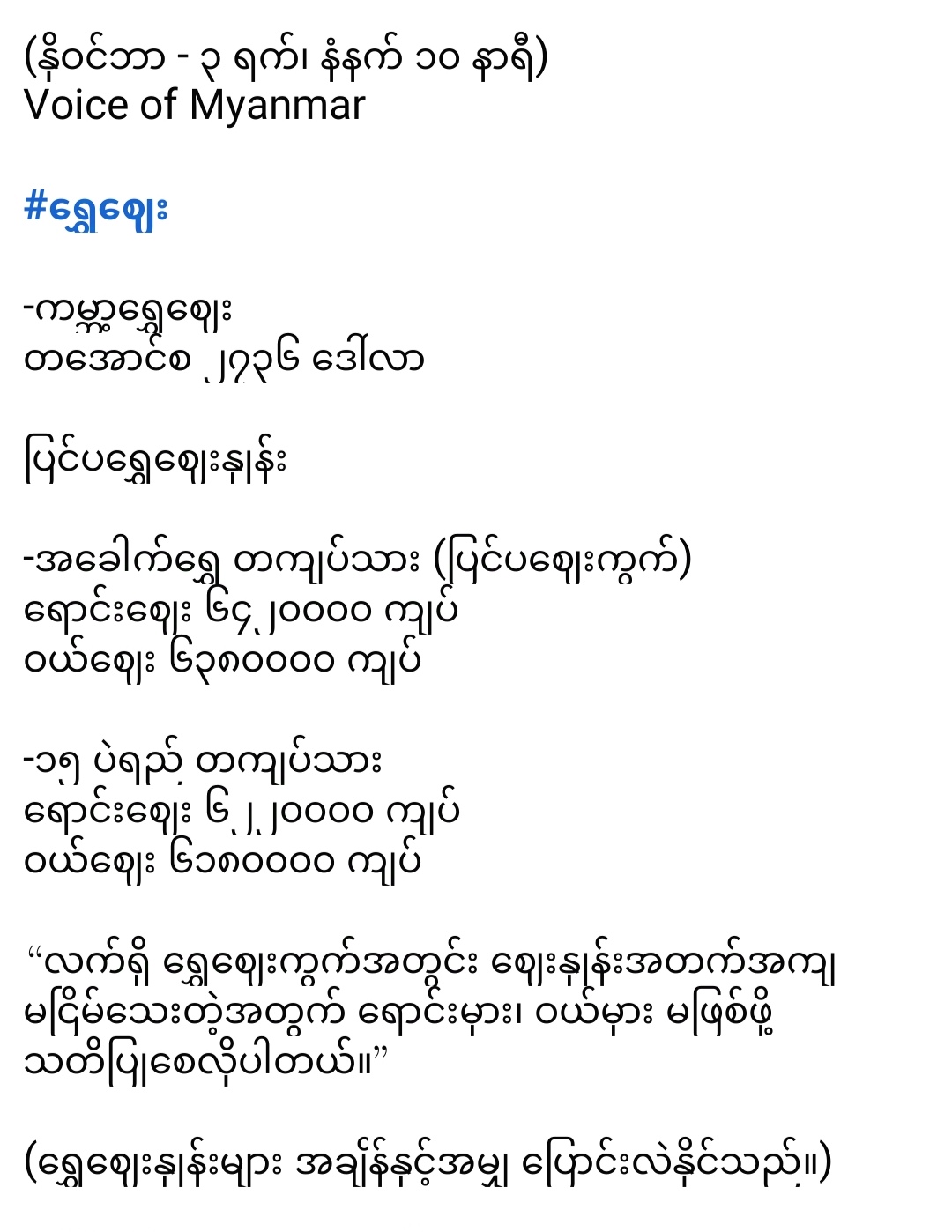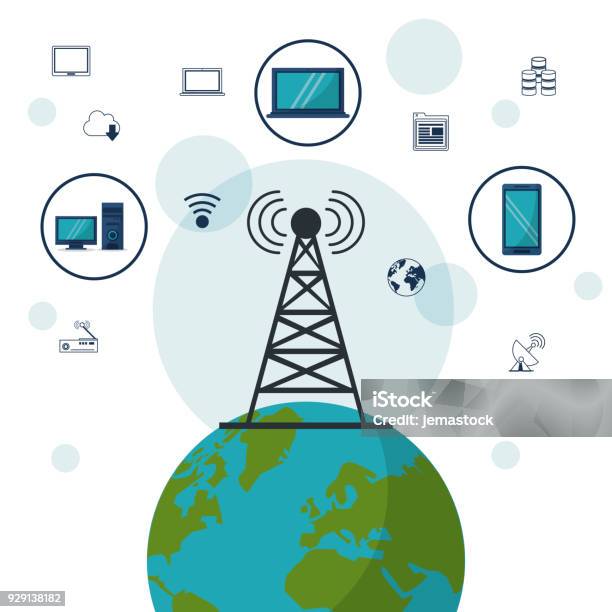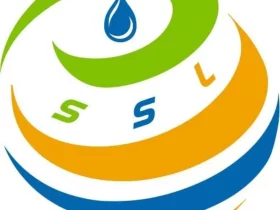
Telecommunication companies in El Salvador
El Salvador’s telecommunications sector is a dynamic and competitive market, playing a key role in the country’s economic growth and digital infrastructure. The industry comprises several national and international companies, all offering a range of services from mobile and fixed-line telephony to internet and digital television. These companies compete to improve network quality, expand coverage, and provide affordable services to the Salvadoran population.
1. Claro El Salvador
Claro, a subsidiary of the Mexican telecommunications giant América Móvil, is one of the leading providers in El Salvador. Claro offers mobile services, fixed-line telephony, broadband internet, and pay-TV services. It has established a solid presence in the country with widespread coverage and a variety of data plans for different customer needs. Claro also provides LTE and 4G services, continuously working to enhance its network infrastructure. The company’s commitment to innovation and customer satisfaction has helped it become one of the dominant players in El Salvador’s telecom market.
2. Tigo El Salvador
Tigo, a brand operated by Millicom International Cellular, is another major telecommunications company in El Salvador. Tigo provides mobile, broadband, and pay-TV services and is well-known for its strong mobile coverage and reliable internet services. The company has invested significantly in expanding its 4G LTE network and is currently working on 5G deployment plans. Tigo’s emphasis on social responsibility is also noteworthy; it frequently supports educational programs and digital inclusion initiatives. Through these efforts, Tigo aims to foster digital literacy and bridge the connectivity gap in underserved communities.
3. Digicel El Salvador
Digicel, a company based in Jamaica, operates in several Caribbean and Central American countries, including El Salvador. In El Salvador, Digicel primarily offers mobile services and has focused on providing affordable data plans to attract cost-sensitive customers. While it does not have as extensive a presence as Claro or Tigo, Digicel has carved out a niche by focusing on prepaid mobile plans and offering flexible packages for voice and data. Despite its smaller market share, Digicel remains competitive, especially among users seeking low-cost mobile options.
4. Movistar El Salvador
Movistar, part of the Spanish telecommunications group Telefónica, was historically a key player in El Salvador’s telecom market. However, in recent years, Movistar sold its operations in Central America to América Móvil, the parent company of Claro. While Movistar’s branding may still appear in certain areas, Claro has integrated most of its services. The Movistar brand was known for its innovative marketing strategies and quality service, which helped it build a strong customer base in El Salvador prior to its acquisition.
5. Telecom (Cía. de Telecomunicaciones de El Salvador)
Telecom is the national telecommunications company in El Salvador, once a monopoly in the industry until privatization allowed new entrants. Telecom now focuses on providing fixed-line services, broadband, and internet. Though its market share has diminished with the rise of mobile telephony and competitive internet services, it remains a significant player in the fixed-line sector, especially in rural and underserved areas. Telecom’s infrastructure plays a vital role in the nation’s communications network, and it continues to evolve to meet changing consumer needs.
Key Industry Trends
The telecommunications industry in El Salvador is marked by rapid technological advancements, especially with the expansion of 4G LTE services and plans for 5G. Mobile penetration rates are high, driven by a predominantly young population that relies heavily on mobile internet for social media, streaming, and communication. The growth of digital services has increased demand for faster and more reliable internet, pushing companies to invest in infrastructure improvements.
Regulatory and Market Challenges
The industry is regulated by the Superintendencia General de Electricidad y Telecomunicaciones (SIGET), which oversees fair competition, spectrum allocation, and service quality standards. Companies in El Salvador face challenges such as the high cost of infrastructure, competition in a relatively small market, and the need for ongoing investment to keep up with global technology standards. The government and telecom companies are working together to expand digital access, especially in rural areas where connectivity is limited.
Conclusion
The telecommunications sector in El Salvador is characterized by competitive players, innovative offerings, and a strong focus on expanding digital access. Companies like Claro and Tigo continue to drive growth in mobile and internet services, while providers like Digicel cater to niche markets. As the industry advances with the potential arrival of 5G technology, El Salvador’s telecom companies are positioned to play a significant role in bridging the digital divide and fostering economic development.




Leave a Reply